UK records biggest jump in transport use since pandemic began
Monday rush hour sees spike in commuters across country as trains return to 90% of pre-coronavirus services
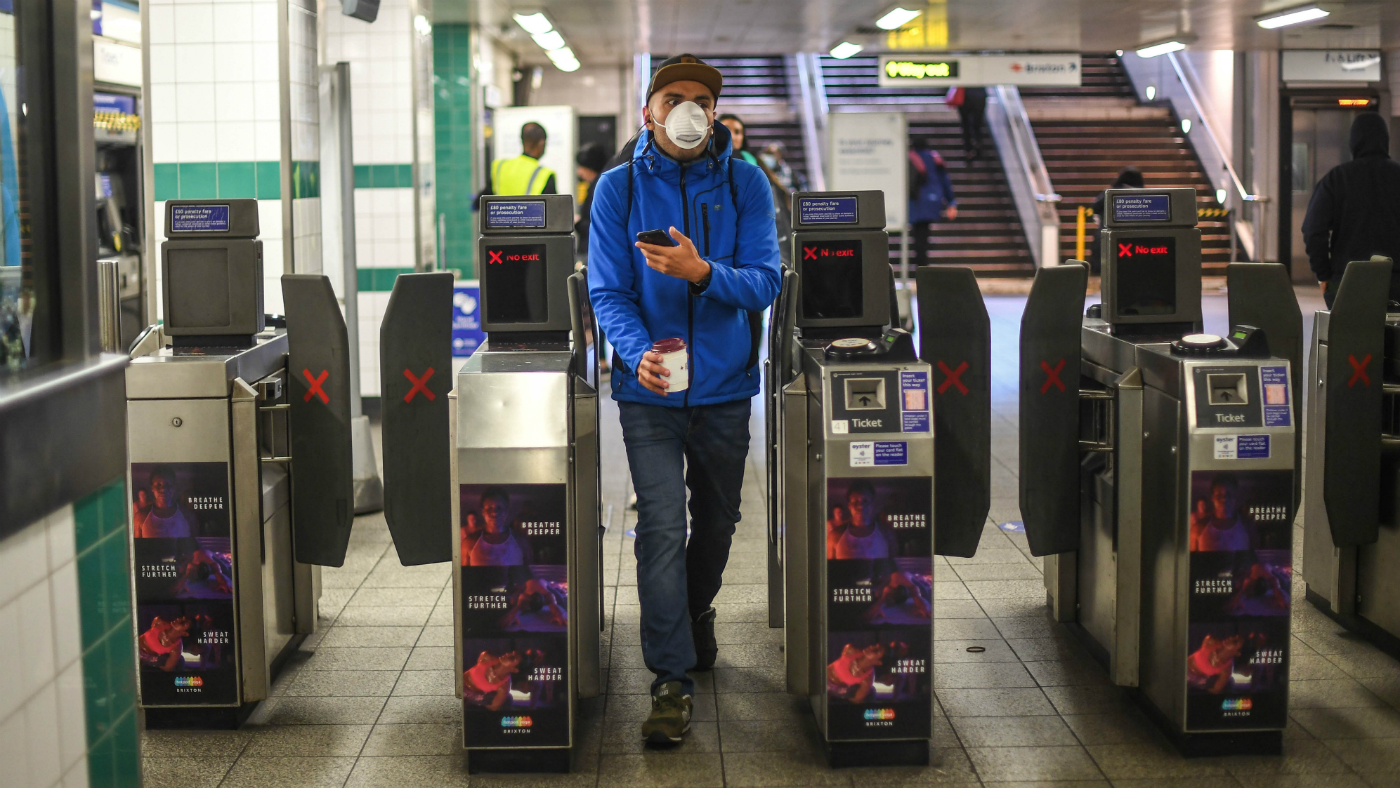
A free daily email with the biggest news stories of the day – and the best features from TheWeek.com
You are now subscribed
Your newsletter sign-up was successful
Public transport use at some of the largest railway stations the UK has surged to its highest level since the start of the coronavirus pandemic, following the reopening of schools and workplaces across the country.
According to footfall data published by Network Rail for the 20 busiest stations in Britain, more people joined the Monday morning rush hour than on any other day since lockdown measures were implemented in March.
According to The Guardian, footfall at major stations including Manchester Piccadilly, Birmingham New Street, Edinburgh Waverley and a number of London stations “increased by 12% on Monday compared with Friday” after trains in England, Wales and Scotland restored up to 90% of their normal service levels this week.
The Week
Escape your echo chamber. Get the facts behind the news, plus analysis from multiple perspectives.

Sign up for The Week's Free Newsletters
From our morning news briefing to a weekly Good News Newsletter, get the best of The Week delivered directly to your inbox.
From our morning news briefing to a weekly Good News Newsletter, get the best of The Week delivered directly to your inbox.
However, Sky News reports that the latest government figures show rail use is still only at 31% of pre-pandemic levels, and worker footfall in cities was only 17% of normal levels in the first two weeks of August.
And, says the BBC, if too many people use the network, rail companies will have to “manage passenger flows by warning people if a particular service is busy”. Some modern trains, like those running on Southeastern and Govia Thameslink, are able to “monitor the weight load in carriages, allowing them to estimate the number of people on board”.
However, Sky News reports, data from the Rail Safety and Standards Board recently revealed that the “risk of contracting Covid-19 on an average journey is below 0.01%”.
Trains were not the only mode of transport in demand on Monday morning. Transport for London (TFL) said bus travel across the city increased by 39% compared with last Tuesday, the first day of the working week after the bank holiday.
A free daily email with the biggest news stories of the day – and the best features from TheWeek.com
The number of passengers passing through ticket barriers on the London Underground rose by 15%.
Anthony Smith, chief executive of passenger watchdog Transport Focus, said the rail industry “must focus on maintaining good performance so that passengers can travel with confidence”. Crowding will lead to disruption and “has the potential to damage trust in the railway”, he added.
-
 Switzerland could vote to cap its population
Switzerland could vote to cap its populationUnder the Radar Swiss People’s Party proposes referendum on radical anti-immigration measure to limit residents to 10 million
-
 Political cartoons for February 15
Political cartoons for February 15Cartoons Sunday's political cartoons include political ventriloquism, Europe in the middle, and more
-
 The broken water companies failing England and Wales
The broken water companies failing England and WalesExplainer With rising bills, deteriorating river health and a lack of investment, regulators face an uphill battle to stabilise the industry
-
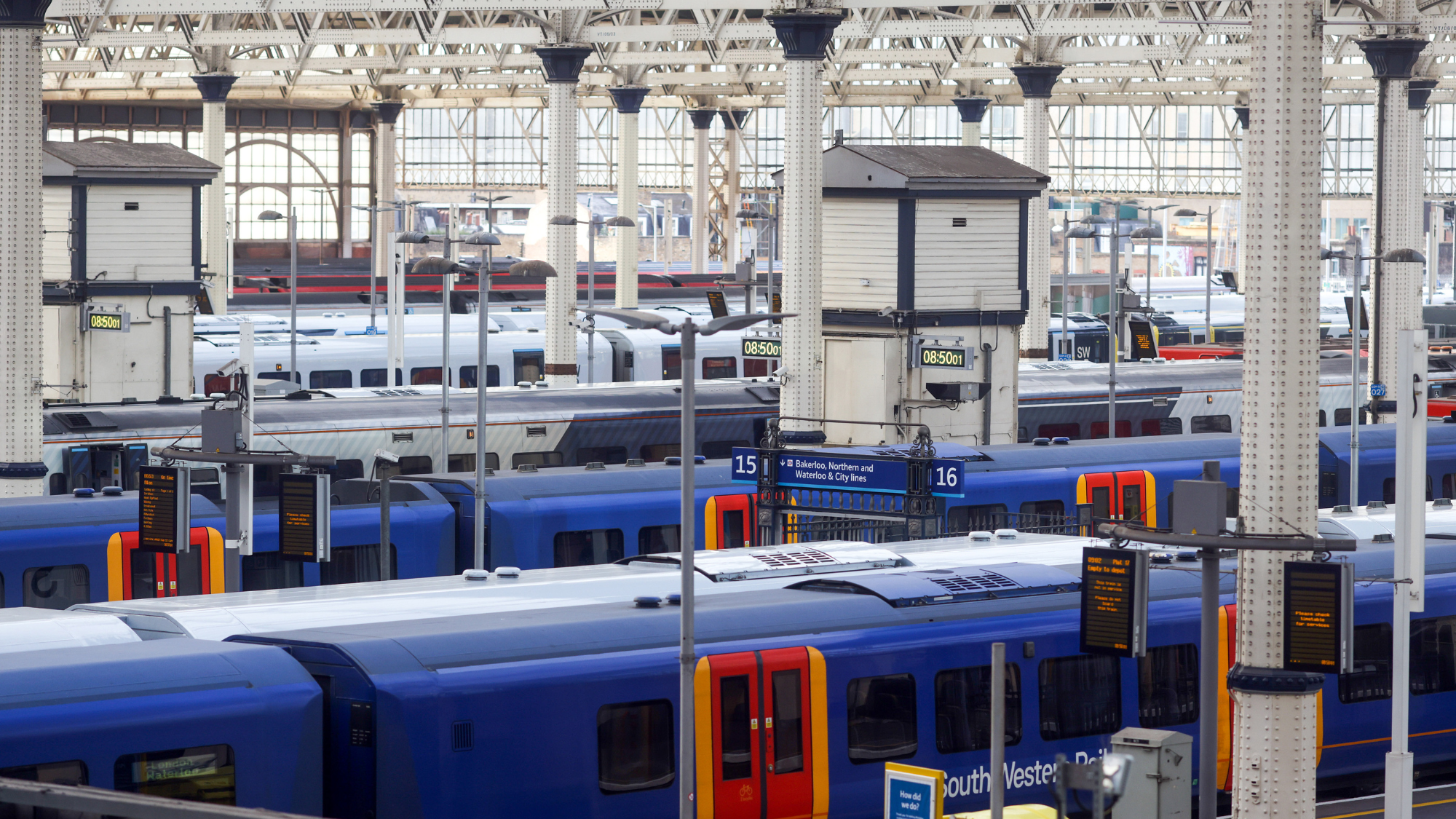 Is it finally all change for train Wi-Fi?
Is it finally all change for train Wi-Fi?In The Spotlight South Western Railway's 5G Wi-Fi service has changed the way passengers connect – but will the new system catch on?
-
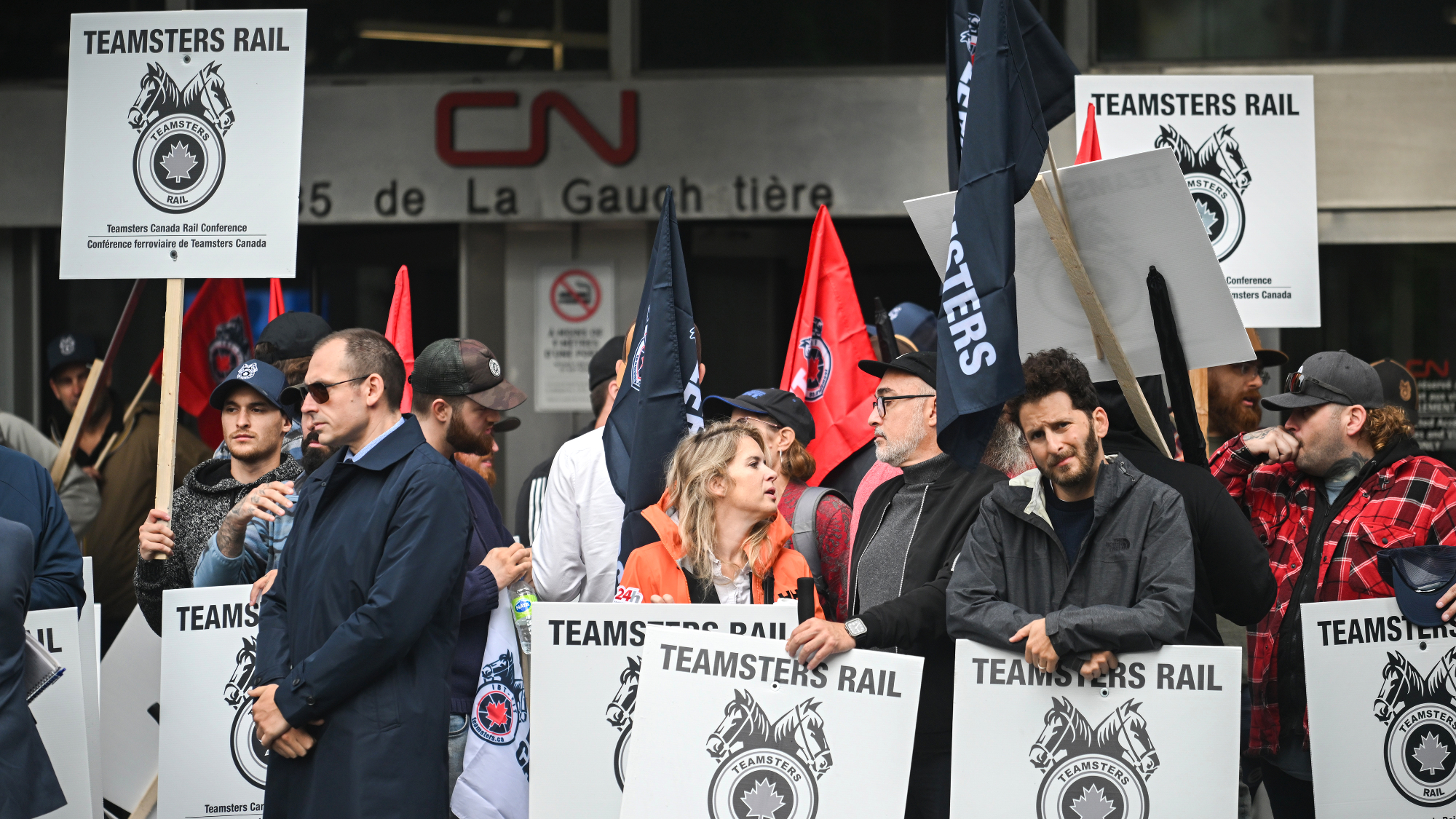 Brief Canada rail lockout ends with arbitration
Brief Canada rail lockout ends with arbitrationSpeed Read A prolonged shutdown could have threatened the country's supply chain
-
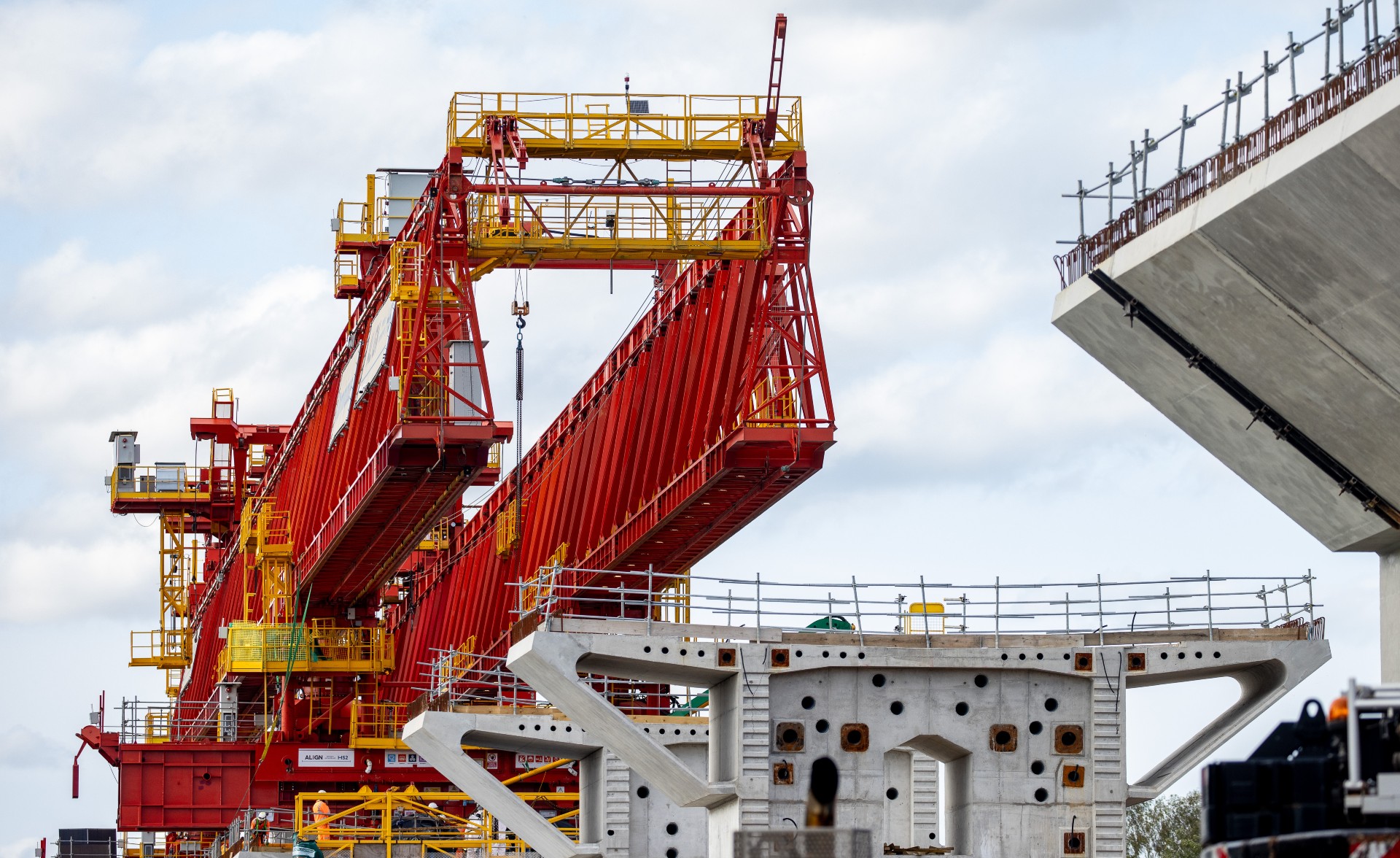 HS2: a runaway train
HS2: a runaway trainTalking Point PM may cut Manchester to Birmingham line of beleaguered rail project due to spiralling costs
-
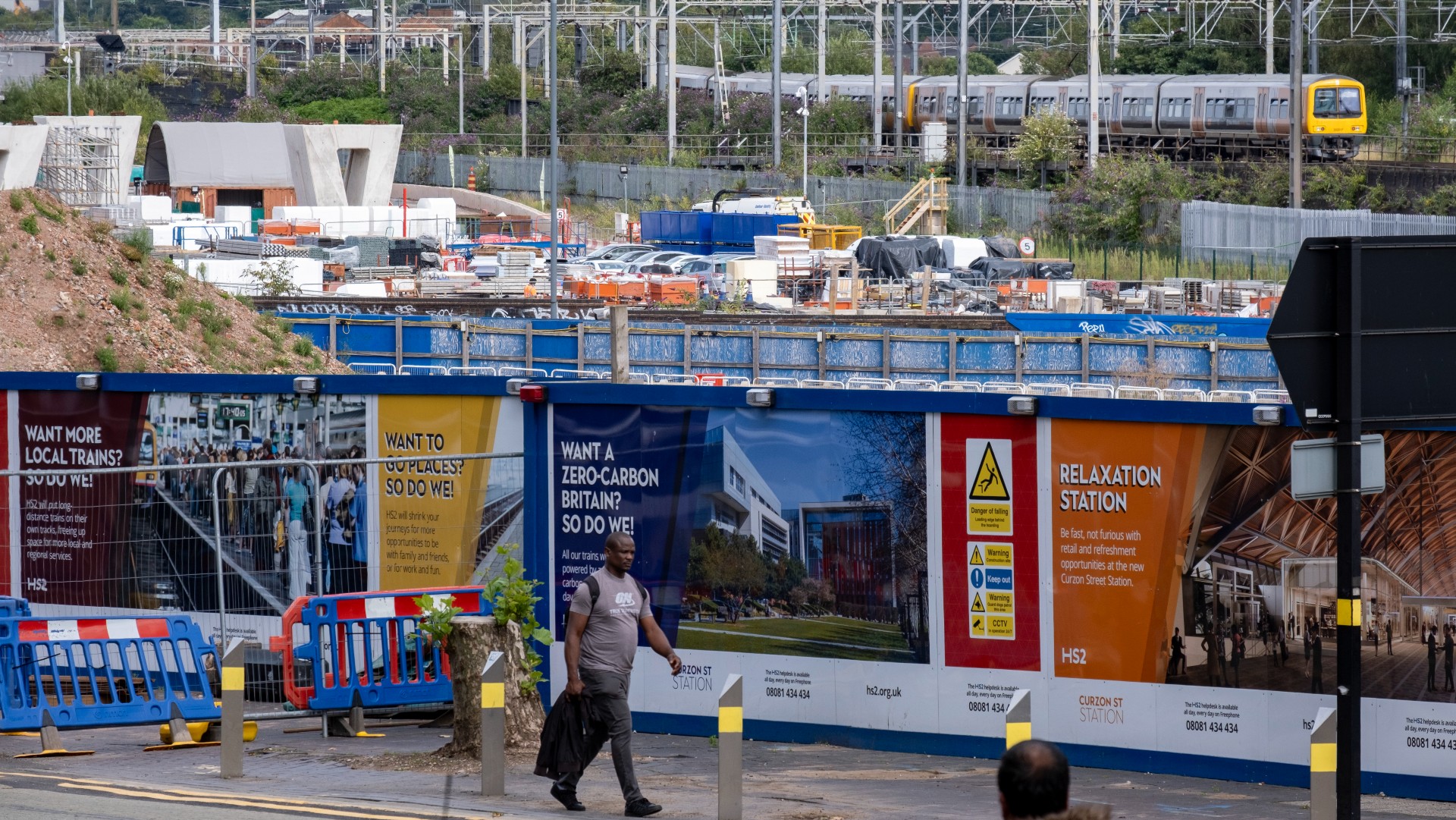 Is Britain’s infrastructure failing?
Is Britain’s infrastructure failing?feature High costs, inflation, policy uncertainty and ‘nimby’ tax have led to ‘dire state’ of UK building projects
-
 ‘Ghost trains’ and armoured limos: how Vladimir Putin travels in secret luxury
‘Ghost trains’ and armoured limos: how Vladimir Putin travels in secret luxuryUnder the Radar Planes, trains and automobiles make up the Russian president’s fleet of undercover travel options
-
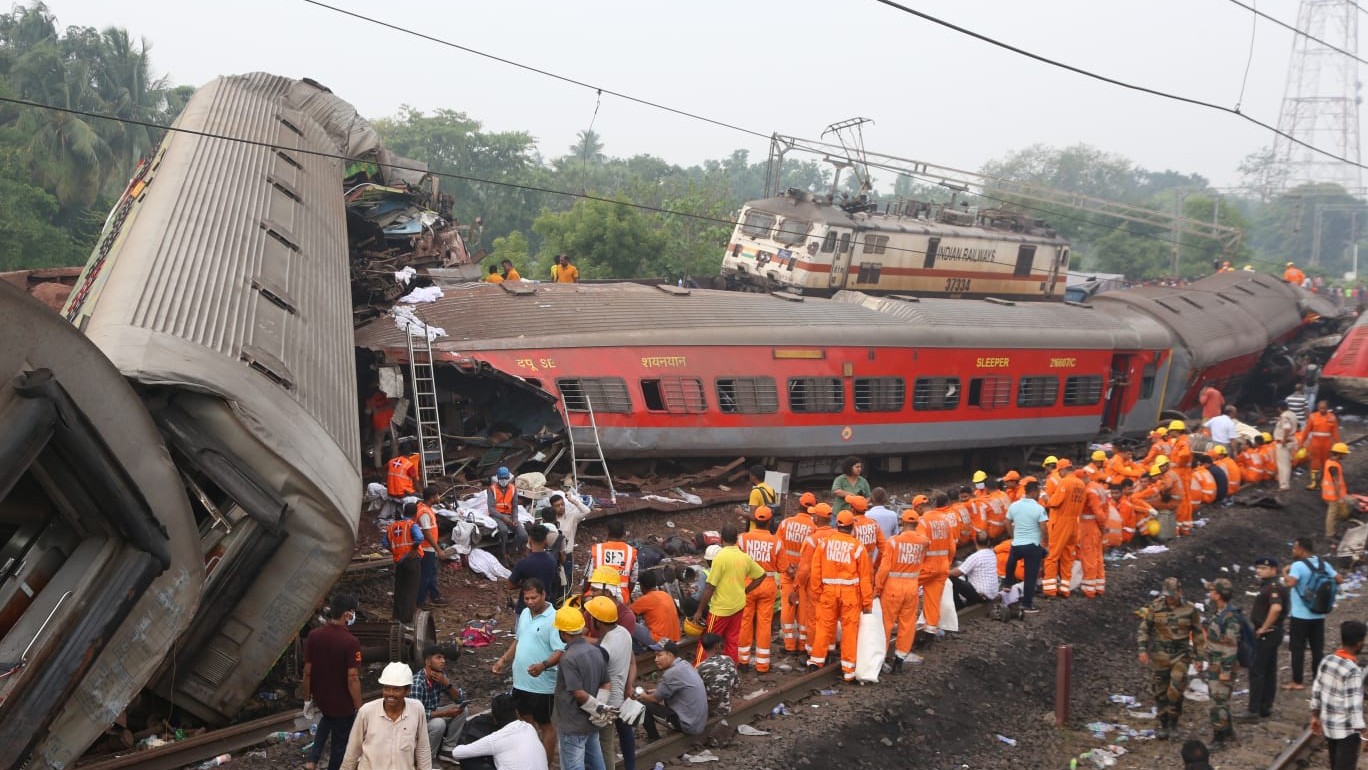 How safe is India’s rail network?
How safe is India’s rail network?feature Narendra Modi’s costly modernisation programme in spotlight after worst train disaster in decades
-
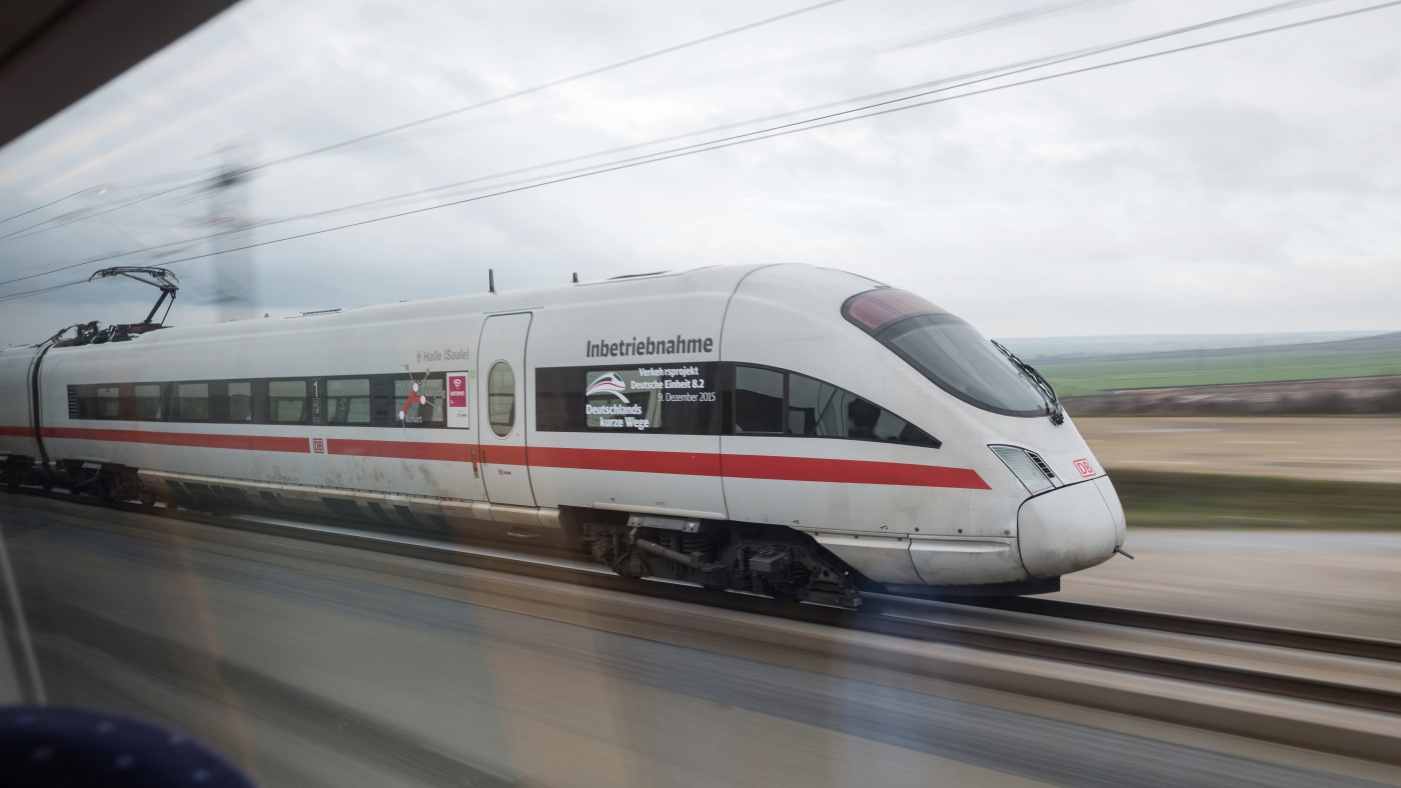 How safe is train travel?
How safe is train travel?feature The Week looks at the safety records of modern railways in Europe, the US and the UK
-
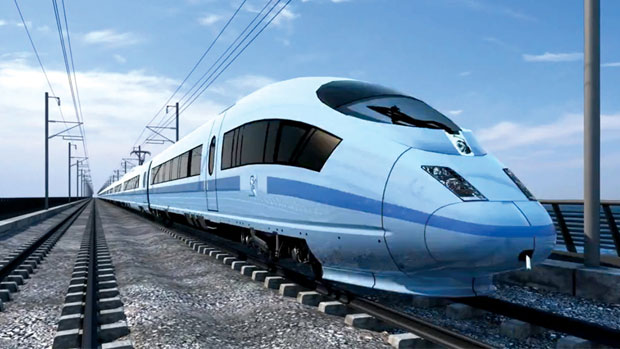 Will HS2 be scrapped and what has it cost so far?
Will HS2 be scrapped and what has it cost so far?In Depth Experts say cutting costs on the controversial high-speed rail project could mean a slower and less regular service linking fewer locations